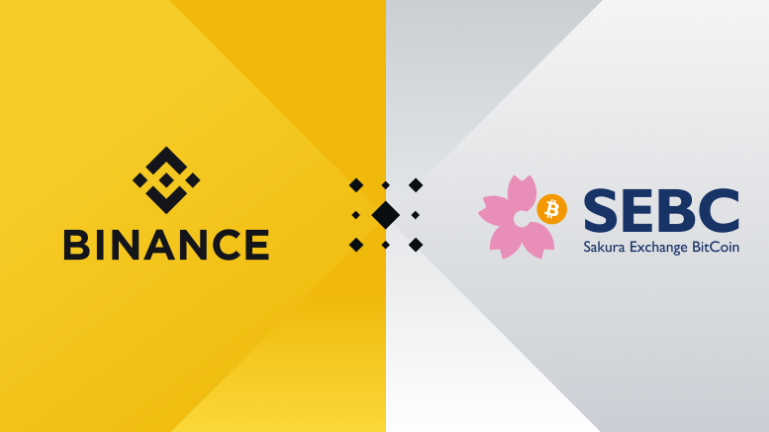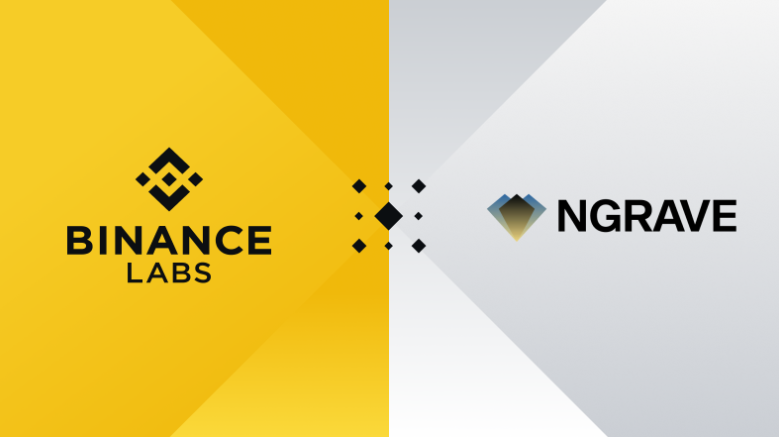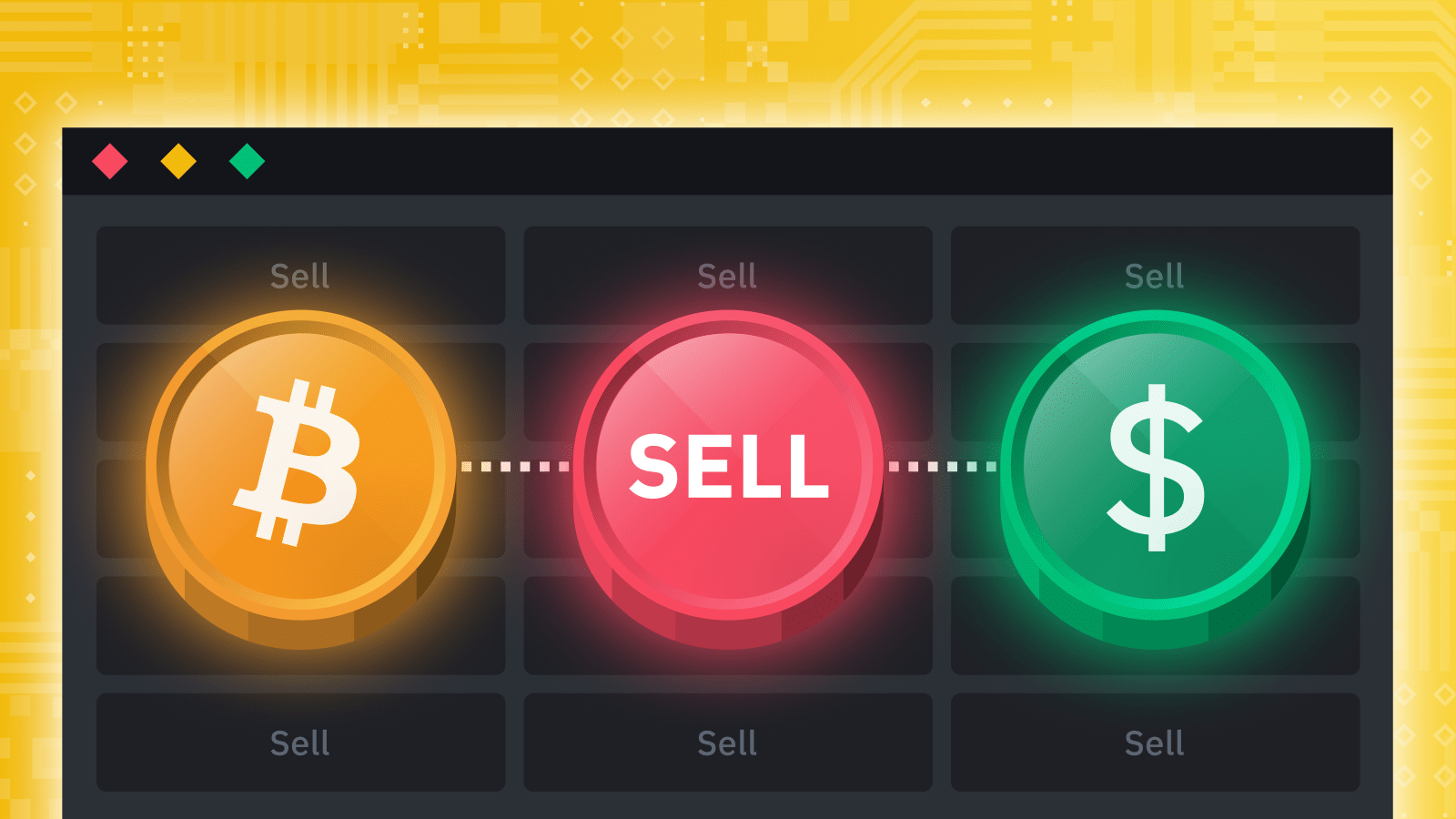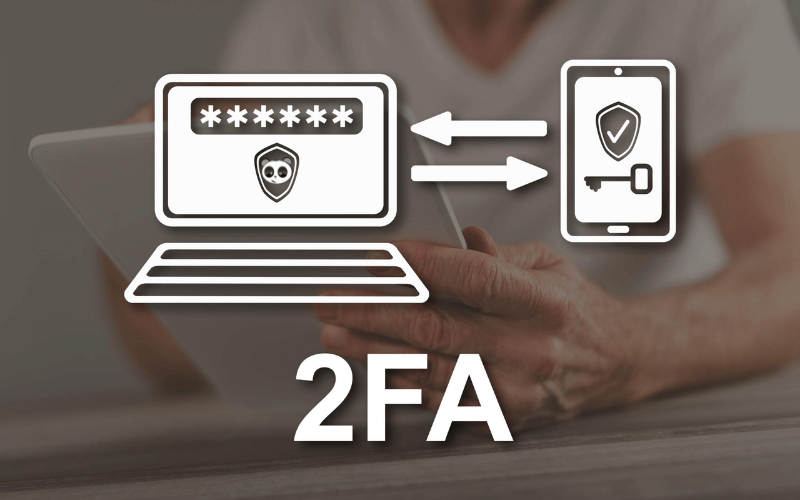Binance, a major global cryptocurrency exchange, has vehemently denied helping Russian authorities track donations to the opposition, in response to an investigation published by Reuters on April 22 According to Reuters, last April Gleb Kostarev, head of Binance in Eastern U and Russia, met with Russia’s anti-money laundering agency, Rosfinmonitoring (Rosfin). Kostarev “endorsed Rosfin’s request to agree to share customer data,” telling a colleague that he “didn’t have much choice” At the same time, Rosfinmonitoring was seeking to track cryptocurrency donations to the institutions of Russian opposition leader Alexei Navalny. Navalny donated millions of dollars from supporters, with an increase in new funds following the assassination plot and was later arrested in Russia in January 2021. In its official blog late on April 22, Binance posted that “proposals accusing Binance of sharing user data, including Alexei Navalny, with Russian FSB-controlled agencies and Russian regulators are “completely untrue,” and added that “Binance has not sought to actively support the Russian state in its efforts to investigate Alexei Navalny.” Kostarev responded with a post on his Facebook page that it was “an absolute lie” about allegations that he or Binance had “leaked Navalny’s or user data to Rosfin or the FSB.” “Today, any government or law enforcement agency in the world can request user data from Binance as long as it comes with the appropriate regulatory authority. The same goes for Russia.” Binance went on to state that the cryptocurrency exchange “has not entered into any form of agreement with the Russian government or with any other jurisdiction – these obligations are normal and any traditional bank will be subject to the same requirements.” It also said it would write a formal complaint to Reuters in its own fashion. Binance has also released emails the company received from Reuters and its response to the incident. Specifically, Binance Communications Director Patrick Hillmann asked Reuters journalists about an “informal conversation” but the media company disagreed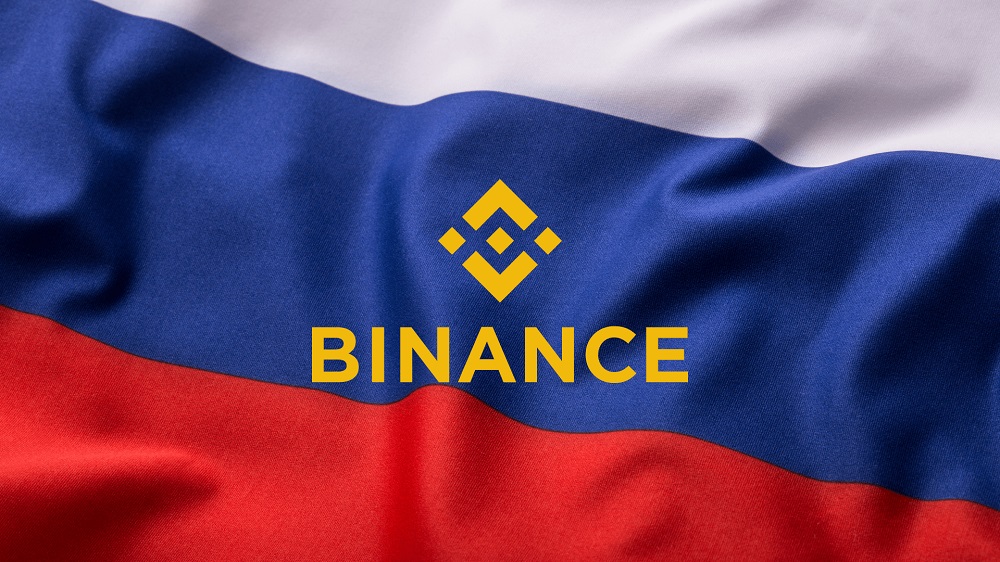
Circumstantial evidence
While there is no direct indication that Binance shared user data with Rosfinmonitoring, Reuters noted that in April last year, Kostarev had a meeting with Rosfinmonitoring officials led by the Digital Economy Development Fund and Germany’s Klimenko, Former adviser to Russian President Vladimir Putin on internet development. This is a move that Binance cannot challenge. Reuters reported that Rosfinmonitoring was also closely linked to Russia’s Federal Security Service (FSB). The FSB is a notorious secret service and successor to the KGB. The agency once sent its agents to poison Navalny with a nerve agent in the fall of 2019, according to a joint investigation by Bellingcat and Navalny’s team. Sergey Mendeleev, CEO of cryptocurrency startup InDeFi, said that he could not comment on the story because he was “under a nondisclosure agreement related to the criminal case against FBK”. FBK is Navalny’s anti-corruption fund, which is considered a “terrorist organization” by Russian authorities. The organization is currently under investigation for theft of donations – a charge it denies – while Navalny is in prison serving sentences on a range of other charges. Supporters of the politician, as well as human rights advocates, believe the real reason for Navalny’s detention is his strong criticism of Putin’s regime. Amnesty International appointed Navalny a prisoner of conscience last May, saying that “Navalny was not jailed for any mainstream crime but for demanding equal participation in public life for himself and his supporters, And ask for a government that is not corrupt.” Binance “told Reuters that it has never been contacted by Russian authorities about Navalny”, that prior to Russia’s war with Ukraine Binance had “actively sought compliance in Russia”, which would require Binance to meet “appropriate requirements from regulators and law enforcement authorities” Some sources in the market. The Russian cryptocurrency said it would not be surprised if Binance partnered with Rosfinmonitoring, although it is not aware of any direct evidence of the incident. Some note that any cryptocurrency exchange operating on the Russian market will have to meet the requirements from an AML agency.
Impact of the Russo-Ukrainian War
Before Russia invaded Ukraine this winter, Binance took positive steps to become a legitimate part of russia’s cryptocurrency landscape, joining regulatory working groups and even hiring former central bank executive Olga Goncharova as head of government relations. “Like every other blockchain company operating in Russia, before the war with Ukraine, Binance actively pushed Russia to develop an effective cryptocurrency regulatory framework – an effort that “we are making in every market we operate in.” They added that after the war began, Binance “actively implemented sanctions against Russia.” After the invasion, Binance stopped accepting payments with Russian-issued Visa (V) and Mastercard (MA) bank cards, after Visa and Mastercard disconnected Russian customers from their global payment networks. On April 21, Binance also limited Russian accounts to balances above 10,000 euros in withdrawal-only mode.
>>> Read more news about Binance: Binance issues cryptocurrency cards to Ukrainian refugees



